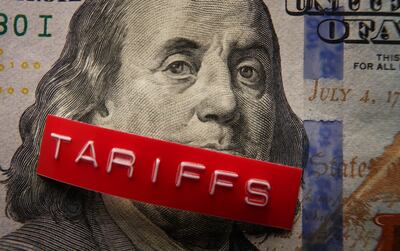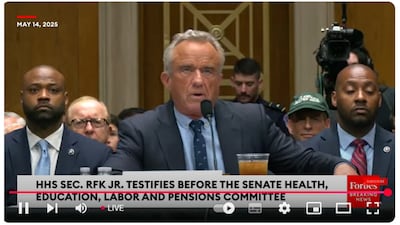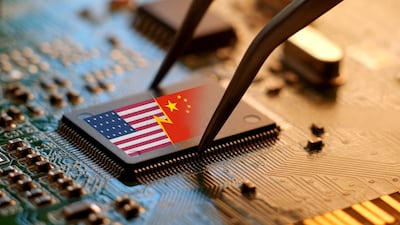Surgeons invested in physician-owned distributorships (PODs) are performing procedures involving implantable devices at a 44% higher rate than non-POD surgeons, and are trying to avoid Sunshine Act requirements, says a May 10 report released by the Senate Finance Committee. The Senate report
takes a particularly dim look at the impact of PODs on spinal surgeons, saying that the rate of spinal surgery grew three times faster for hospitals
Read the full article – start your free trial today!
Join thousands of industry professionals who rely on Medtech Insight for daily insights
- Start your 7-day free trial
- Explore trusted news, analysis, and insights
- Access comprehensive global coverage
- Enjoy instant access – no credit card required
Already a subscriber?







